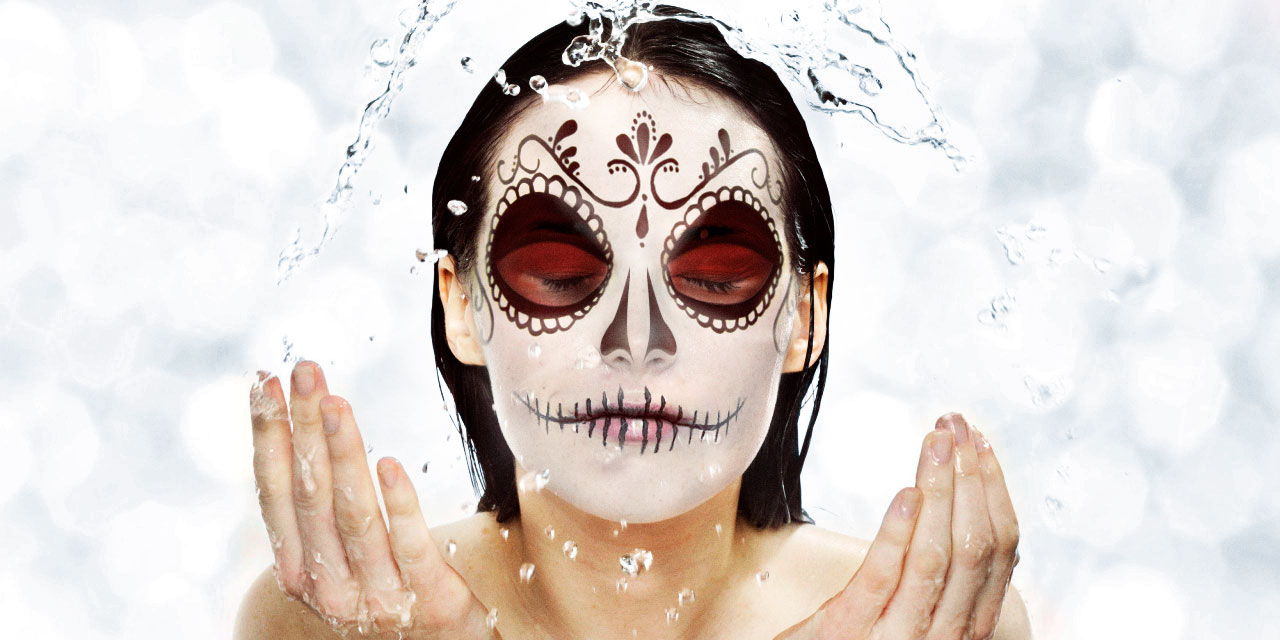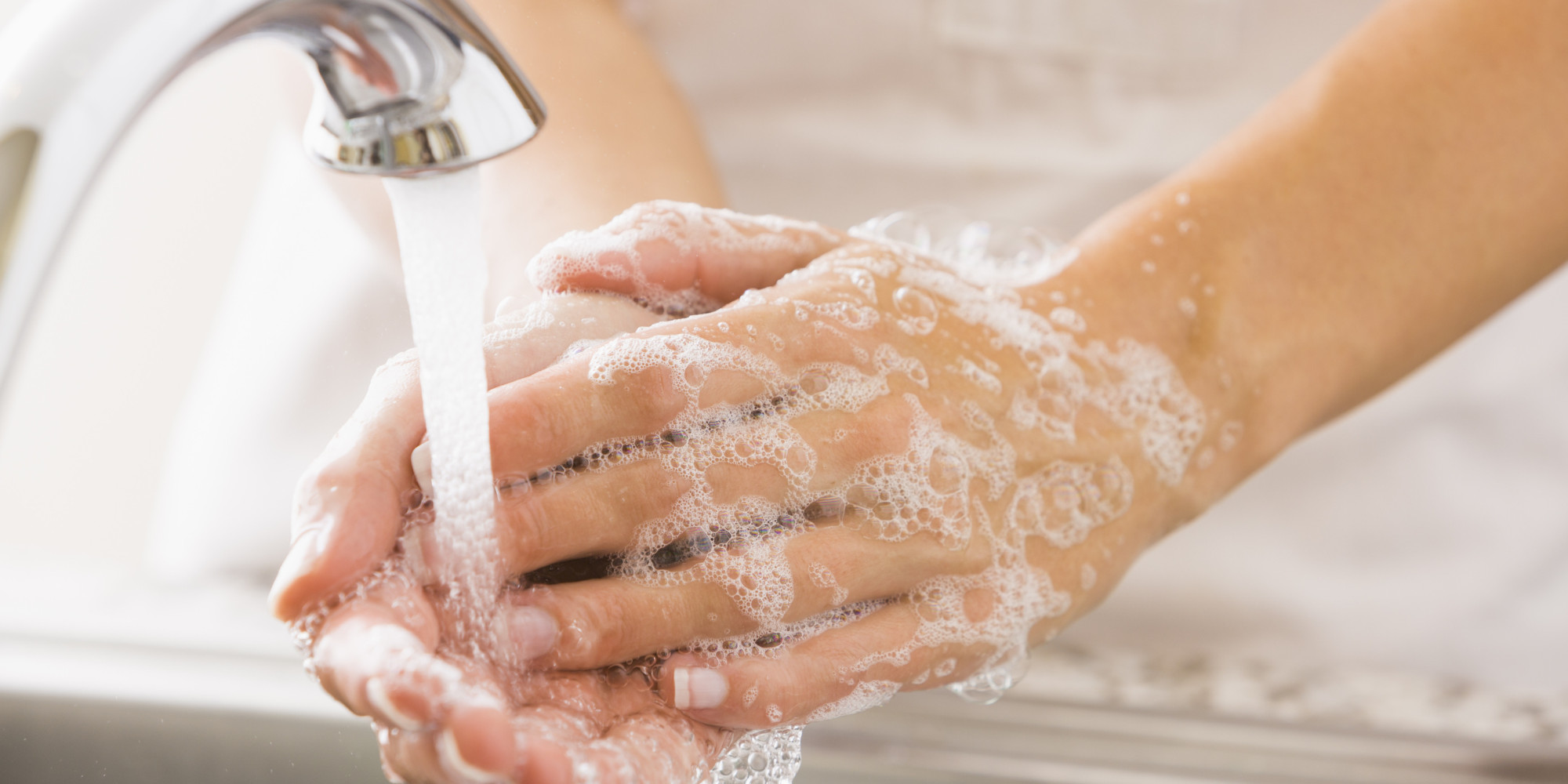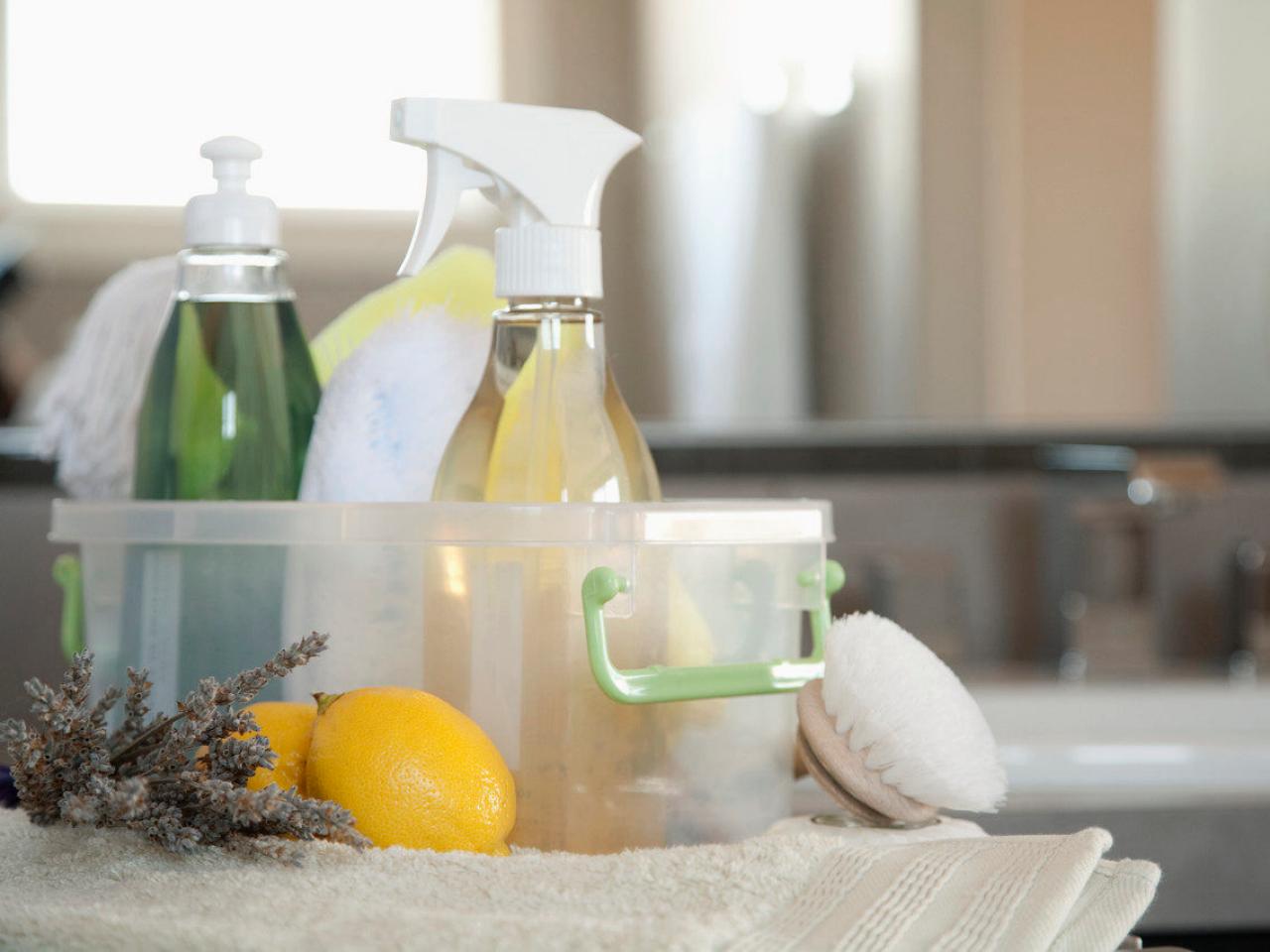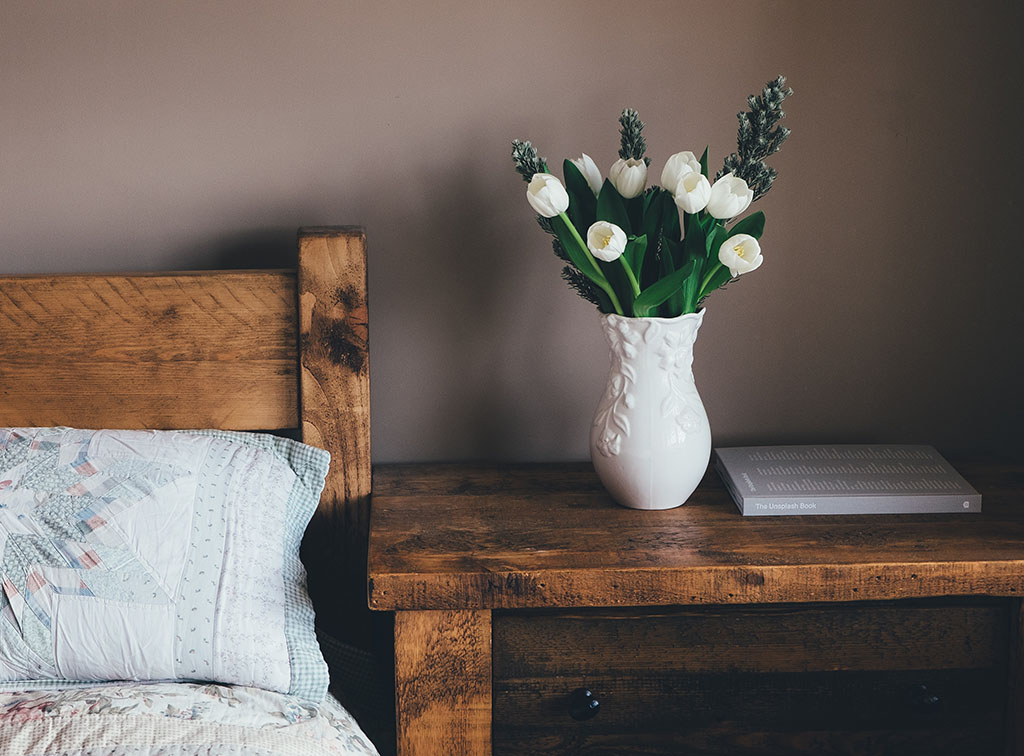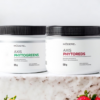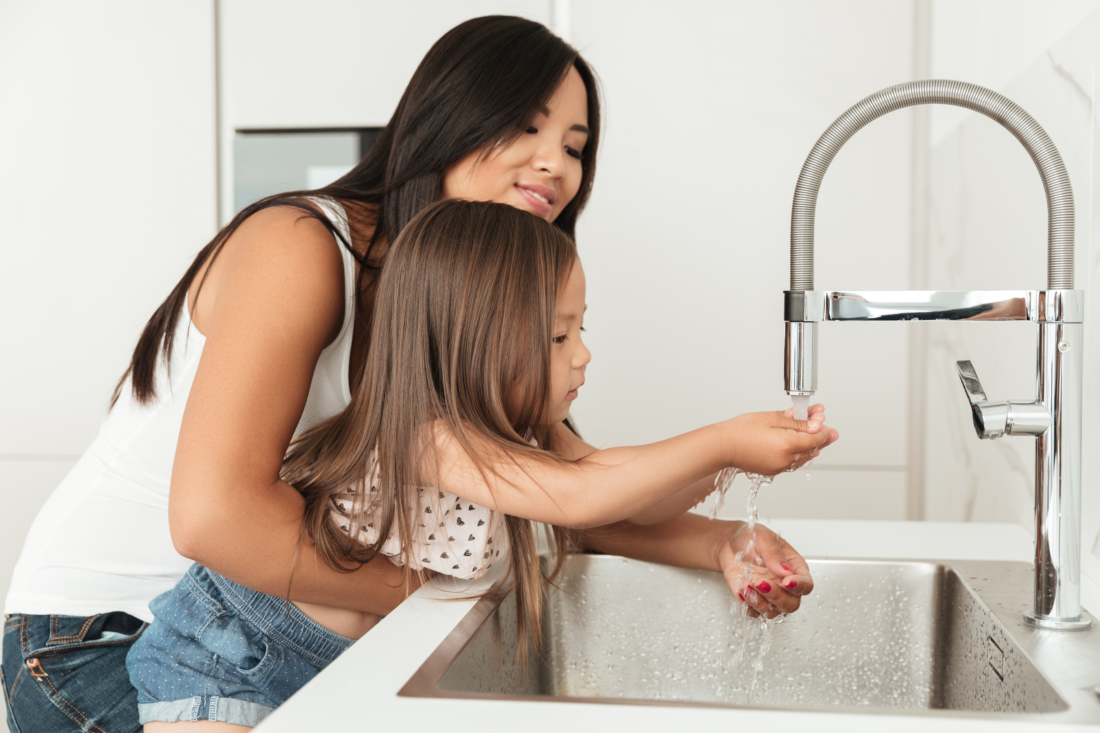
What makes the world go round?
On an earth that supports a population of 7 billion (and counting), conserving the natural resources that allow us to thrive has become a hot topic of conversation. In recent years, environmental efforts have taken center stage, as people begin to invest their interests and seek out education on how to conserve our most precious materials. And one of the biggest resources to steal the spotlight? Water.
Conserving water is, no doubt, an ideal that we hear tossed around quite often…but what does that actually mean and how do you really achieve it? After all, isn’t 71% of the earth’s surface covered in water?
While that might be true, water and freshwater are two very different things. In fact, it is believed that less than 2% of water is freshwater—a tiny fraction of the available water source. And, as the world turns its attention to big issues facing our environment, how to preserve water on an earth that is constantly using is an important question to ask.
So, what can YOU—one person—do to help? Well, a great deal more than you might think. If you are eager to learn more about how you can help save our clean, life-sustaining water supply, plus the best practices to support innovative gray water efforts, keep scrolling:
First, Why is Water Conservation Such a Hot Topic?
Water is the foundation of all life. It sounds simple, but this fact is what makes water conservation so vital. Animals, plants, humans, and food would all be non-existent without this precious resource that hydrates and nourishes our world. When you’re standing at the ocean’s edge, it is easy to understand why people think water is an infinite resource. However, nearly 99% of water on the earth cannot be used by humans and living organisms. That’s why it’s important to save water, minimize pollution and optimize gray water efforts.
What is Gray Water and How Does it Help?
While it’s generally considered that water runoff from the sink, dishwasher, shower and washing machine can be reused as gray water, this isn’t necessarily true.
It’s important to understand that if your household cleaning products are formulated with any controversial ingredients, the runoff from the water could contain residual chemicals that are unsafe for reuse—potentially contaminating our waterways and posing harm to sea life. Shopping for gray water-safe household products helps eliminate this problem and ensures water is not contaminated with harmful compounds.
If gray water has not been contaminated, it can then be recycled and reused for things like watering plants, vegetables and the lawn. Nearly an estimated 60% of the water used in the home can potentially be recycled as gray water, which leaves numerous opportunities for reuse so long as biodegradable and gray water safe products are used in your household.
This is another huge reason why Modere puts such emphasis on our Live Clean Philosophy. Our clean products are mindfully formulated to support gray water efforts so that, together, we can educate, prioritize and conserve our freshwater supply while practicing tips and tricks to minimize water waste.
Use These 12 Tips to Help You Save Water:
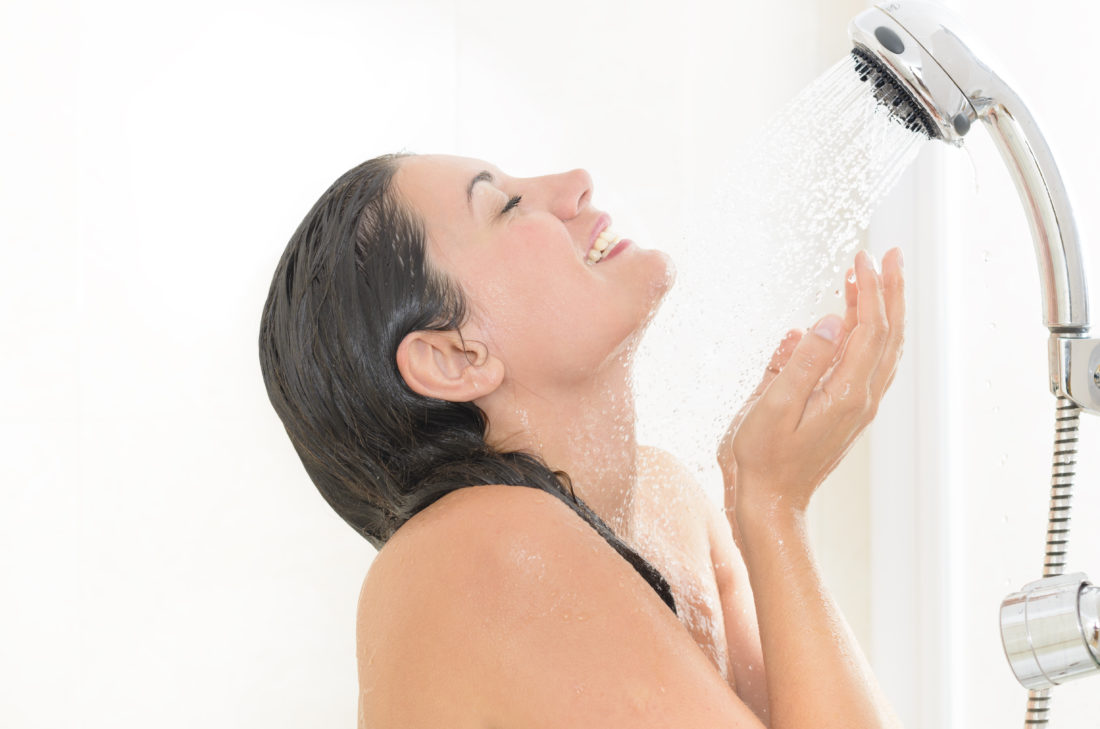
- Check Your Pipes: Drip, drip. We’ve all heard that unwelcome sound at some point in our life. Leaky pipes are not only disruptive to the home, but they also have the potential to waste gallons of fresh water a month. Make it a practice to routinely check pipes that are connected to the toilet, sink and other appliances and be on the lookout for unusually high water bills.
- Cut Back on Shower Time: There’s nothing quite like standing under a steamy spray of water, pondering the intricacies of life. But when it comes to water conservation, you might want to think twice. For best shower practices, don’t turn on the water until you are ready to jump in and try to keep your wash time under 10 minutes.
- Keep the Faucet Off When You Brush Your Teeth: Another great way to preserve water is to remain mindful of habits that can increase water waste. Some of the most common habits include leaving the water running while brushing your teeth or shaving. Don’t worry, it’s an easy fix—just remember to turn the faucet off while you brush.
- Only Wash Full Loads: This applies to both laundry and dishes. Today, washers use anywhere from 7-20 gallons of water per load, while dishwashers require up to 3-5 gallons per load. Fortunately, you can help do your part and cut back on fresh water use by staying away from that ‘Start’ button until you have a full load ready to go.
- Use Gray Water to Water the Lawn: A well-landscaped lawn is any homeowner’s pride and joy, but did you know those sprinklers could be needlessly tapping into the valuable limited fresh water supply? If you want to keep your yard fresh and green while helping save water, try using gray water on the lawn instead. Simply tap into your washing machine line or have a manufactured gray water irrigation system professionally installed. And if you haven’t already, make the switch to our clean and gray water safe laundry products so that you can safely reuse this gray water for irrigation, flower beds and grass.
- Turn Water Off When Cleaning the Dishes: Remember how we mentioned bad habits that waste water? Well, this is another one. Make sure to always close the tap when you aren’t rinsing dishes to stop fresh water from going down the drain—literally.
- Reposition Your Gutters: Did you know you already have “sprinkler system” attached to your house? It’s called: gutters. If you want to use natural rainfall to help water your grass or flower beds, simply reposition the gutter so that the water runoff falls into the desired area of the lawn.
- Take a Bath: If you’re really struggling to cut back on shower time, then opting for a bath might be a good option. While a full tub does use a large amount of water, if you’re constantly indulging in a 20-minute shower, sitting in the tub might be more water efficient. Plus, it’s a great way to unwind and relax after a long day.
- Use a Water-Saving Shower Head or Faucet: Speaking of showers, did you know that the average American household uses up to 40 gallons of water a day from showers alone? By installing a water-saving shower head, you can reduce water use by nearly 50% a day (and reduce that bill too!). If you’re concerned about water pressure, shop for a “high pressure” model that adds air to increase pressure but still uses less water.
- Install a Water Meter: If you haven’t done so already, install a water meter is to keep a close eye on the amount of water being used within the house. Having a number that you can constantly reference will help you remain aware and put efforts in place if needed.
- Teach Your Community About Gray Water Efforts: Gray water efforts have started to gain traction in the past few years, though there is still much to be done. Educating yourself and your community on gray water and how it can be maximized in the home is a wonderful way to help contribute to water conservation. Gray water provides a great alternative to using fresh water for certain tasks at home and in the community. Want more information to share with friends and family? Visit https://www.epa.gov/environmental-topics/water-topics or https://savethewater.org/
- Use Biodegradable and Gray Water Approved Products: Using products that are gray water safe will ensure gray water is in its best condition and can be used to water yards, without any long-term effects. And if you’re not a homeowner, using gray water-safe products still has amazing benefits, as it keeps water runoff safe for the environment and prevents harm to ocean life. Use household items—like dishwasher gel and laundry detergent—that are labeled both biodegradable and gray water safe.
The Future of Gray Water Products
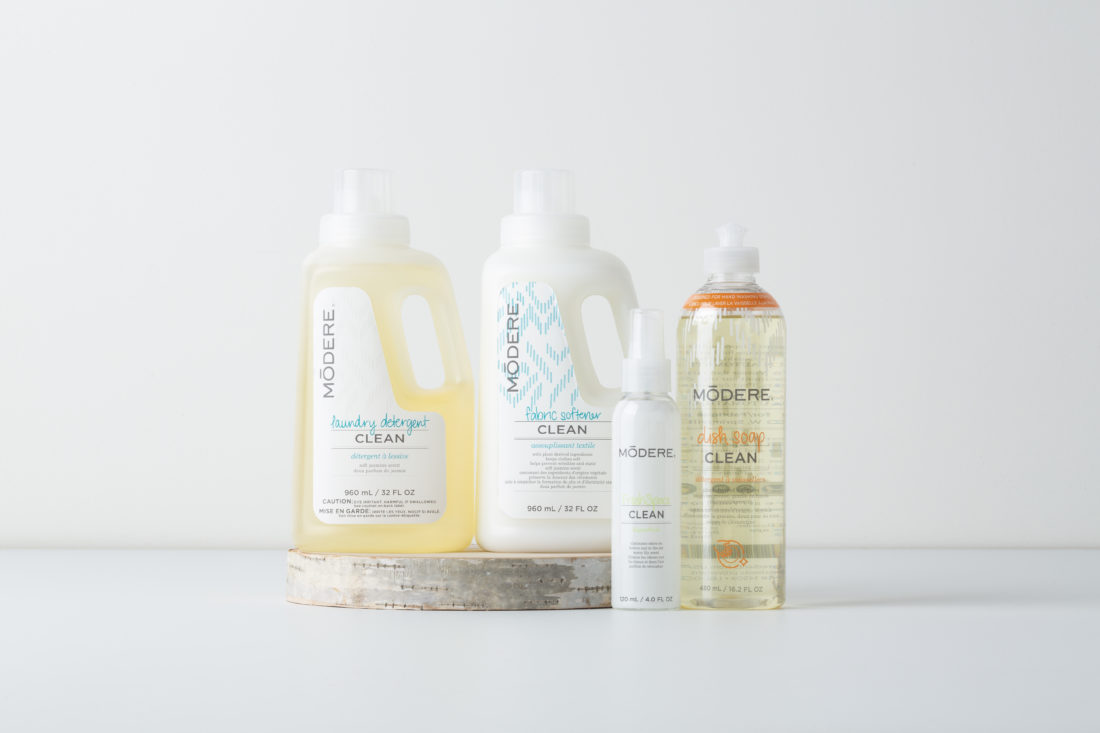
Even if you’re putting in your best effort to help conserve water, the everyday products being used in your home can still cause harm to the water supply. That is why it is so important to shop products that are clean label and gray water safe to help support gray water efforts and protect your family from controversial chemicals.
Lucky for you, Modere has developed a complete line of high-performing products that are clean alternatives to household essentials your family uses daily. All our household products are clean, biodegradable, gray water safe and backed by science. Get one step closer to a home that is freshwater conscious and supports gray water efforts with these must-haves:
Modere Laundry Detergent combines a powerful blend of plant-derived enzymes into a concentrated formula that helps tackle tough stains and debris. Biodegradable and gray water safe, this laundry go-to delivers optimal cleaning and leaves behind a light scent of soft jasmine. The gentle formula is compatible with both standard and high-efficiency machines and can wash up to 32 loads.
Complete your Laundry Detergent with the Modere Fabric Softener. Also featuring a soft jasmine fragrance, you can reduce static and wrinkles while wrapping clothes in a light, fresh scent. The readily biodegradable and gray water safe formula makes this Fabric Softener greener and safer choice for the environment while helping to keep clothes clean and soft—even in cold water situations.
Discover a Dishwasher Gel that is tough on grease but friendly on the environment. Powered by a concentrated formula that can be used on plastic, ceramic, metal and stoneware, this citrus-scented gel leaves dishes clean and sparkling without those dreaded water streaks. Enzymes, surfactants and sodium citrate work together to cut through tough oil and grease, as a built-on rinse aid delivers a spotless, streak-free finish that gleams.
Hand wash dishes in a rich lather using the gray water safe Modere Dish Soap. With a fresh clementine scent, this biodegradable soap helps wash away oil and baked-on grease. Fill your sink with bubbles to easily remove residue from dishes, pots and pans for a streak-free shine. Modere Dish Soap can be used to hand wash and presoak dishes but is not for use in dishwashers.
Live Clean with Gray Water Safe Formulas
Are your household products doing all that? Help support the environment and gray water initiatives by practicing our 12 tips for water conservation and using biodegradable, gray water approved household products. Trust us, your earth with thank you.

Sources:
https://greywateraction.org/greywater-reuse/
https://www.nationalgeographic.org/media/earths-fresh-water/

